Dark Web Nightmares
Outlook India quoted Sameer Patil, Director, Centre for International Security & Fellow, National Security Studies, Gateway House in an article
 Courtesy:
Courtesy:
Outlook India quoted Sameer Patil, Director, Centre for International Security & Fellow, National Security Studies, Gateway House in an article
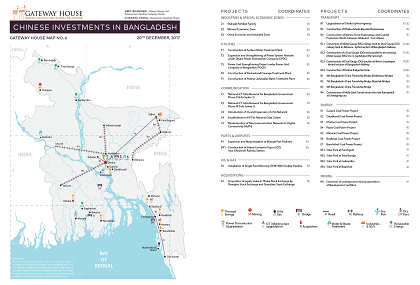 Courtesy: Gateway House
Courtesy: Gateway House
China’s investment in Bangladesh’s stock exchange gives Beijing a chance to shape the financial architecture of the most vibrant economy in India’s neighbourhood
 Courtesy:
Courtesy:
Boston University published an article that mentioned Akshay Mathur, Director, Research and Analysis, Gateway House
 Courtesy: Pakistan Times
Courtesy: Pakistan Times
As Pakistan prepares for general elections, its Army is working to bring terrorist and radical religious groups into the political mainstream. Its leisurely response to recent anti-blasphemy protests by the Tehreek Labaik Ya Rasool group and release of terrorist mastermind Hafiz Saeed are a part of this strategy
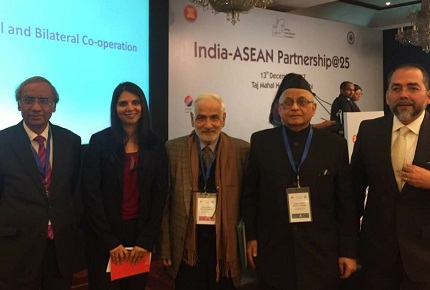 Courtesy:
Courtesy:
Ambassador Rajiv Bhatia, Distinguished Fellow, Gateway House gave a presentation on ‘Regional and Bilateral Co-operation’ at the Conference on India-ASEAN Partnership@25, New Delhi
 Courtesy: Avas.mv
Courtesy: Avas.mv
Maldives, India’s smallest neighbour, is rapidly coming under China’s ambit of influence: two of nine cooperation agreements that the two countries signed recently are a cause of much concern. The India-Maldives bilateral needs some careful nurturing
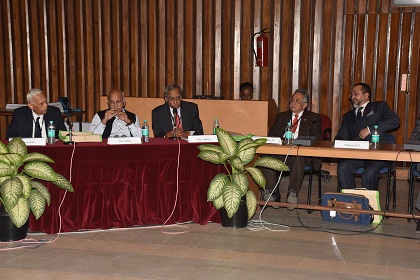 Courtesy:
Courtesy:
Ambassador Rajiv Bhatia, Distinguished Fellow, Gateway House gave the Keynote Remarks on ‘ASEAN Today: Introspection and Prospects’ at the Regional Conclave on ASEAN@50 and India-ASEAN Relations in Bengaluru
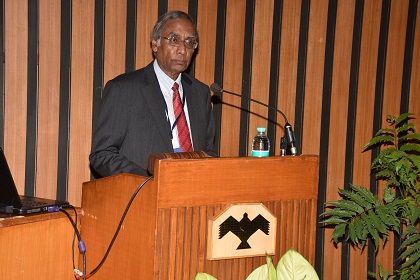 Courtesy:
Courtesy:
Ambassador Rajiv Bhatia, Distinguished Fellow, Gateway House gave the Chairman’s Remarks at ‘Regional Conclave on ASEAN@50 and India-ASEAN Relations’ in Bengaluru
 Courtesy: Debating Security Plus
Courtesy: Debating Security Plus
From 26-28 September, Brussels-based think tank, Friends of Europe organised an online brainstorming on global security issues called Debating Security Plus 2017. As part of this, Gateway House moderated the discussion on hybrid and asymmetric warfare. Below is the summary of that discussion, from the final report of the Debating Security Plus.
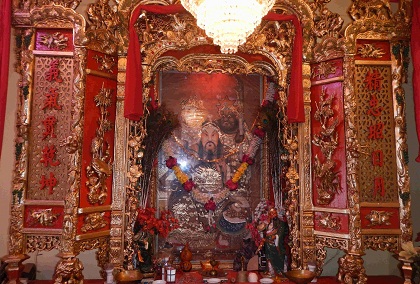 Courtesy: flickr
Courtesy: flickr
Bombay city has always had a soft corner for everything Chinese. It was a taste created by the early Parsi merchants, who profited significantly from the cotton and opium trade with China in the second half of the 19th century. There is no confirmed date on when the Chinese first came to Bombay, bringing with them some unmatched skills, besides their cuisine. But today, it’s a reinvigorated economic engagement: Chinese goods flood Mumbai’s markets. Chinese companies and a bank are setting up base, while Indian conglomerates, in turn, are acquiring a growing presence in China